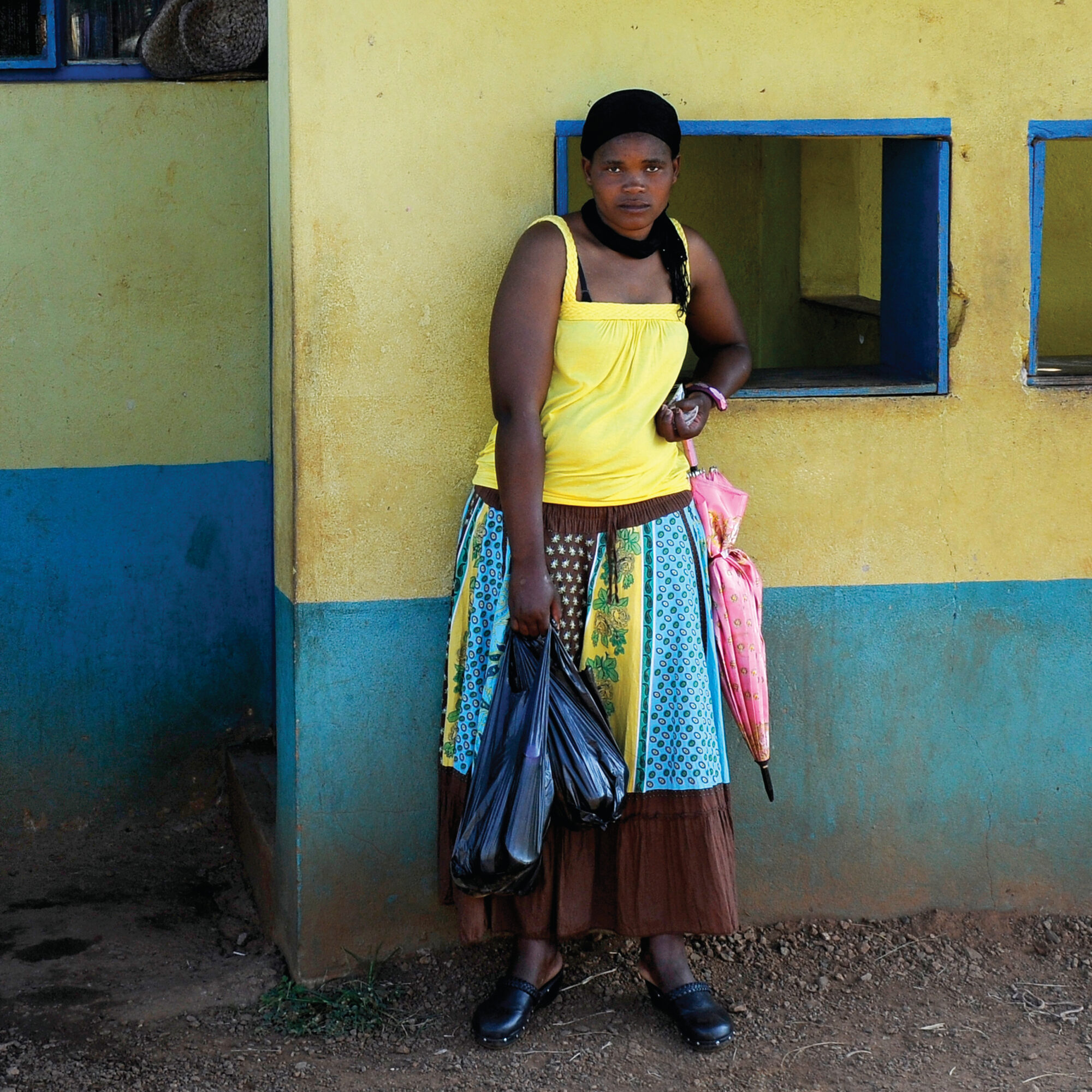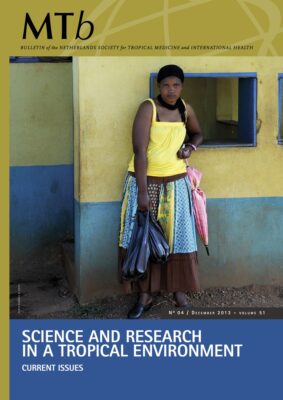

Research in tropical medicine
Traditionally, research in tropical medicine has received much less attention compared with western conditions such as cancer and cardiovascular diseases. Ironically, while HIV originated in Africa and where it has its most devastating impact, research efforts were intensified manifold when it also appeared to affect western populations. As a result new anti-HIV treatments have now also been introduced in developing countries and millions of lives in the tropics are saved because of this spread to the west. To a certain extent this also applies tuberculosis and malaria...
Research in tropical medicine
Traditionally, research in tropical medicine has received much less attention compared with western conditions such as cancer and cardiovascular diseases. Ironically, while HIV originated in Africa and where it has its most devastating impact, research efforts were intensified manifold when it also appeared to affect western populations. As a result new anti-HIV treatments have now also been introduced in developing countries and millions of lives in the tropics are saved because of this spread to the west. To a certain extent this also applies tuberculosis and malaria (affects travellers and US military personnel). Other conditions have not been so lucky and these have been branded as the Neglected Tropical Diseases (NTDs). Recently the non-communicable diseases are becoming more important. The field of tropical medicine research has changed. Because of their “exposure” to the whole spectrum of tropical medicine, Médecins sans Frontières (MSF) has increasingly responded to the need to address pressing issues in research and the Drugs for Neglected Diseases initiative (DNDi) was founded as a result of this. Obtaining a PhD at a university in the Netherlands is popular among students from low- and middle income countries (LMICs) because of its unique and open system with focus on publishing high quality research papers on the selected topic. However, how useful is the PhD degree in pursuing a further career in the country of origin, in research or otherwise? In the Netherlands having a PhD can be a prerequisite for certain academic positions but the subject of the thesis does not seem to matter much; it is mainly seen as a training exercise in research at a high level. Is this basically the same for successful PhD students from LMICs? How many are able to pursue and continue a career in research? Translation of research into practice is the most difficult issue and universities offering a PhD position have an important responsibility here. A PhD program in a Dutch university should never stand on its own just for the sake of adding another PhD thesis to the universities’ scientific output. Long term collaboration with universities and ministries of health in LMICs is the best guarantee for meaningful research and this is not always the case. Immediate access to research publications is of course essential. Free online access should be the standard and fortunately this is more and more the case. It comes at a cost as these open access journals charge a fee; while this should not pose a problem for the western countries these fees should be waived for contributions from LMICs. Some journals stubbornly fail to adjust or still apply restrictions to recent publications for a year or so. There is already a drive to publish research by preference in open access journals and some funding agencies such as the Wellcome Trust require this and rightly so. The HINARI initiative supported by WHO offers access to many journals if you are working in a LMIC, but there are still restrictions. The field of tropical medicine research is changing with different priorities and new players. Intensive collaboration between institutions has not been pursued with great zeal in the Netherlands in the past decades; various new programmes are started because of personal interest, political reasons or relations while in other areas years of (internationally acclaimed) experience is lost. A more in-depth analysis of activities aimed at better coordination may very well be in the mandate of the Netherlands Society of Tropical Medicine and International Health.
Ed Zijlstra, Rotterdam Centre for Tropical Medicine, e.e.zijlstra@roctm.com


















































